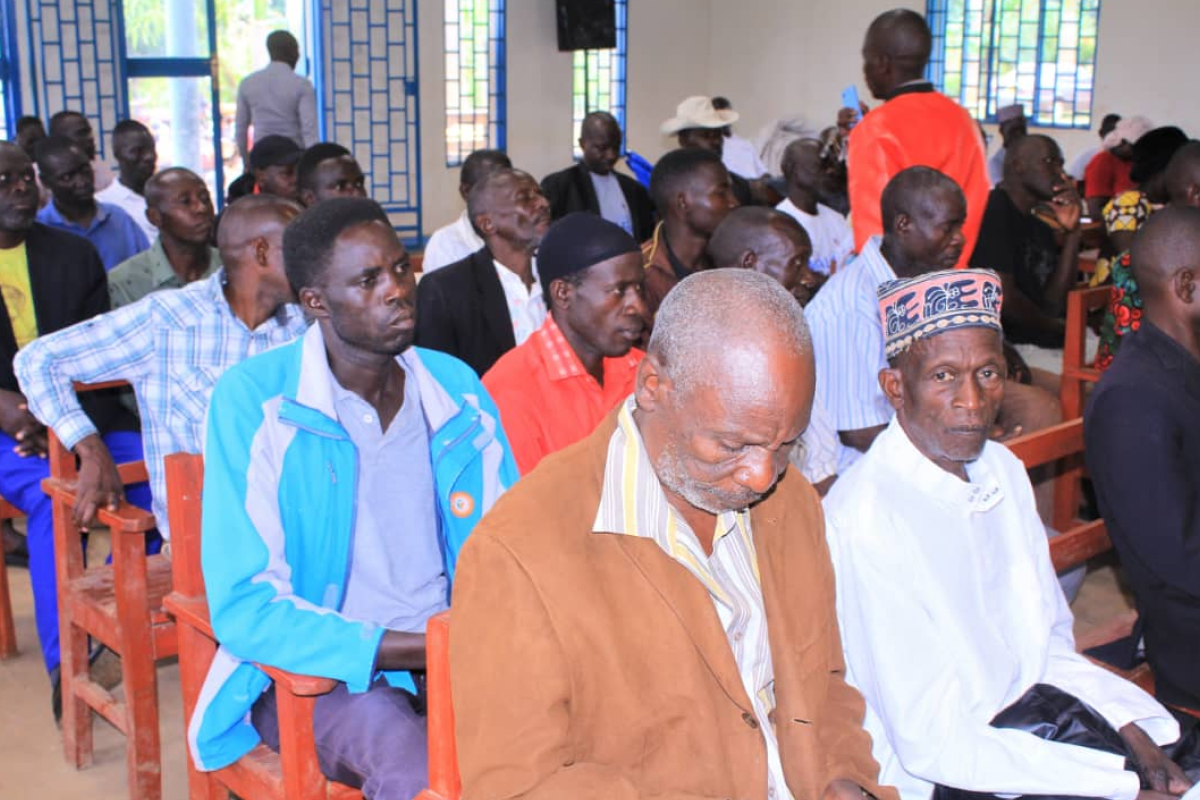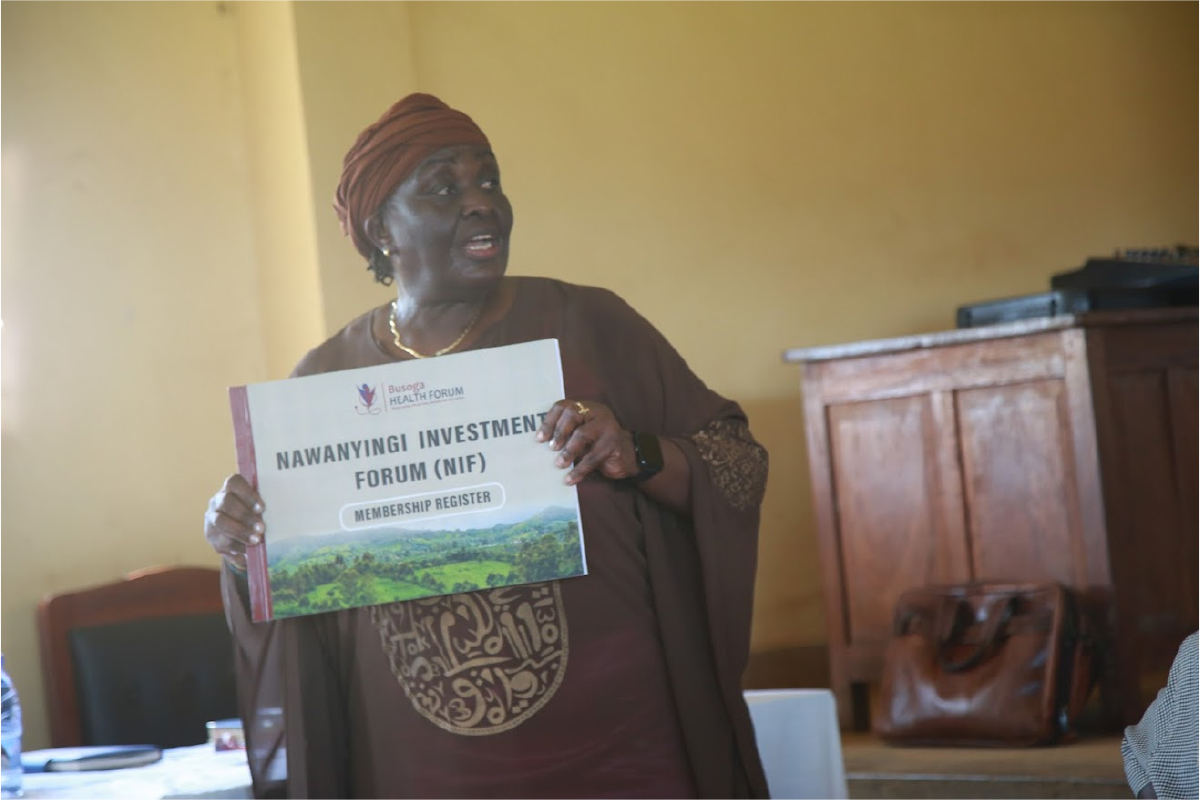Published By BHF | January 31, 2022

By Elizabeth Namara
Uganda’s Maternal Mortality Rate (MMR) has consistently been one of the highest in the world with 440 deaths per 100,000 live births, according to a UNICEF report.
In Uganda, one woman out of every 49 will die of a maternal complication related to pregnancy or delivery.
The delay in receiving adequate and appropriate care is one of the causes of maternal mortality. The White Ribbon Alliance Uganda on Tuesday 25th Jan 2022 held an inception meeting on respectful maternity care in Jinja. The Respectful Maternity Care Project is funded by Uganda Civil Society Strengthening Activity with support from The United States Agency for International Development (USAID).
The inception meeting intended to analyze and disseminate information on Respectful Maternity Care to ensure that all girls and women realize their rights.
The key objective of the Respectful Maternity Care (RMC) Project is to ‘eliminate barriers that undermine upholding the Respectful Maternity Care charter of rights in the health centers in Jinja, Kamuli, Iganga, Masindi, and Kampala districts.’
“We believe no woman should die while giving birth RMC is a universal Human Right for both women and girls because it encompasses dignity, choice, and preferences of maternal care services,” Dr. Rose Mukisa Bisoborwa, the Executive Director, White Ribbon Alliance Uganda pointed out.
“There is a need for women to be assured that they will receive dignified care,” she added.
Some of the infamous practices by the health workers reported by mothers include being slapped, use of harsh language, stigmatization, and discrimination.
Dr. Peter Dyogo Nantamu, the Jinja District Health Officer noted that: “There is need for increased awareness of respectful maternity care among mothers and health workers. Pregnant mothers should be encouraged to demand their rights to respectful care.”
In the presentation made by the White ribbon alliance team, they emphasized that women and newborns are dying in unacceptable numbers around the world, and the majority from avoidable causes.
The team called upon the government both at national and city levels, public and private, Civil Society Organizations as well as communities to listen to the health care needs. Some of the health care needs include better salaries, availability of equipment and supplies at the health facilities.
The participants in the meeting pointed out some of the challenges hindering Respectful Maternity Care i.e. inaccessible beds for mothers with disabilities in the maternity labor wards, the nurses also lack the skills to communicate with Persons with Disabilities (PWDs) especially the blind and deaf are also entitled their privacy. The PWDs are also entitled to their privacy.
Teenage mothers have been neglected by midwives, the attitude of health workers towards the teenage mothers makes them not go to health centers.
Young mothers should be availed with information regarding labor and delivery as they have a right to access antenatal services respectfully.
In seeking and receiving maternity care before, during, and after childbirth: Every woman has the right to be free from harm and ill-treatment, the right to information, informed consent and refusal, and respect for her choices and preferences, the right to her choice of companionship during maternity care, whenever possible, the right to privacy and confidentiality.
Every woman has the right to be treated with dignity and respect the right to equality, and freedom from discrimination, and equitable care, the right to healthcare and the highest attainable level of health, the right to liberty, autonomy, self-determination, and freedom from coercion.
Mr. Peter Banya, the Deputy Resident City Commissioner pointed out the gaps in the health sectors as a hindrance to Respectful Maternity Care.
Dr. Rose Mukisa Bisoborwa thanked Jinja for hosting the meeting and also called upon the participants to focus on building synergies other than working in silos.




